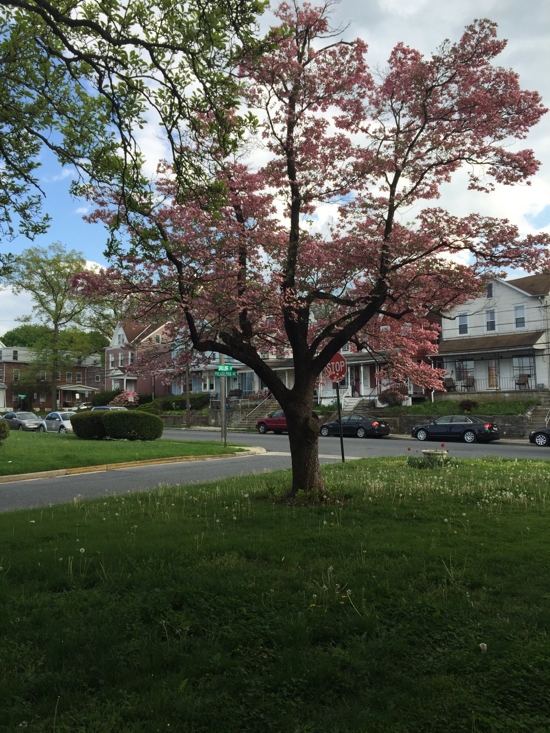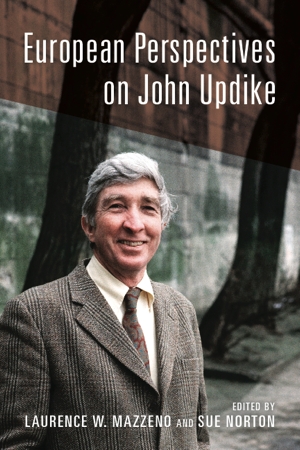 In “Recalling Sighting John Updike: The A&P of the Mind,” Martin Mugar writes about a pilgrimage he took to Ipswich hoping to get a glimpse of John Updike. Instead of meeting the author, he became involved in a fender-bender near the Ipswich firehouse and got a lesson on Updike and local history. “The accident had thrust me into the middle of a small community of Ipswich ‘locals’.”
In “Recalling Sighting John Updike: The A&P of the Mind,” Martin Mugar writes about a pilgrimage he took to Ipswich hoping to get a glimpse of John Updike. Instead of meeting the author, he became involved in a fender-bender near the Ipswich firehouse and got a lesson on Updike and local history. “The accident had thrust me into the middle of a small community of Ipswich ‘locals’.”
Mugar asked if they had known “their famous Ipswich resident John Updike. Yes! they knew of him and saw him around town. The fireman asked me if I knew that the Rite Aid [now CVS] down the street had once been the A&P, that was the locale of one of his best known short stories.”
He tells how he went home and read the story. “It was a good read. The first time around I found the conformity/non-conformity take a little stale. The corporate versus sexual dichotomy may have been part of the early percolation of the sexual revolution and carried more psychic impact when the work was first published.
“A split that was less pronounced in the story but indelibly there was that the girls were upper class. Sammy, the nineteen-year-old townie, was aware of it in the way they moved and talked and in the choice of hors d’oeuvres that they were picking up for their parents’ cocktail party. . . . Clearly, Updike was impressed by their demeanor that radiated self confidence. In the end the narrator . . . quits his job in protest of the boss’s embarrassing the girls for walking into his store half-naked. Sammy may have hoped they would have noticed but like the rich in The Great Gatsby they move on unaware of the effect they have had on others.”
Updike, he appreciates, “created a world for himself held up by incisive description and cultural insights. In the last lines of the story it forbodes a lifetime that is described as going to be hard. Could it be because he will always be on the outside looking in, never fully owning or identifying with the setting in which his description takes place? For the corporation the world is a site for the display of its brands. The artist is a competitor in this realm but his only power comes from the fertility and staying power of imagination, not his bank account.
“However, we can say Updike has had the last word: his A&P of the mind still exists whereas the original is long gone.” Pictured is the Ipswich Rite Aid that was the setting for John Updike’s frequently anthologized short story, “A&P”.









